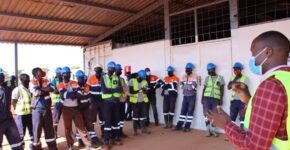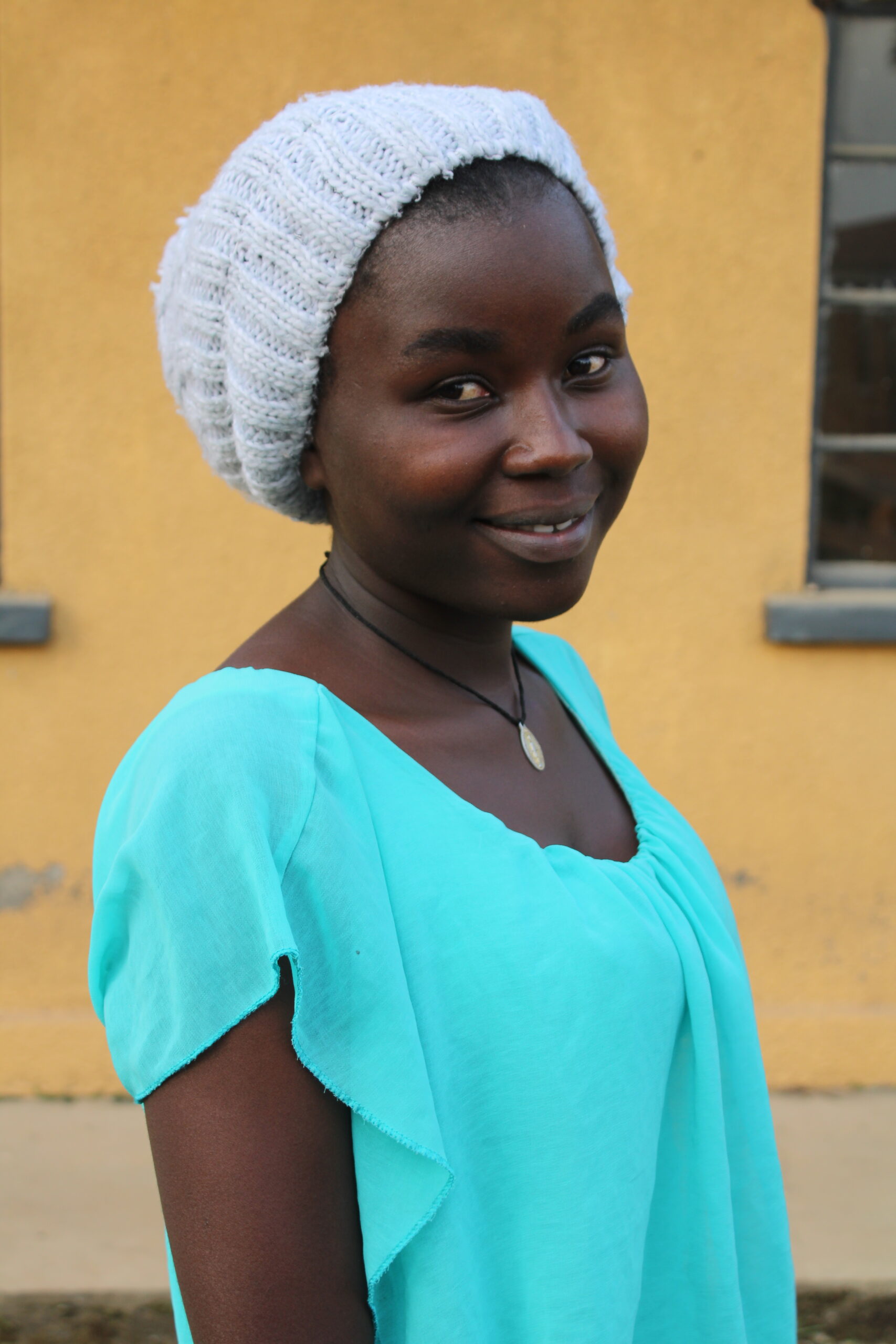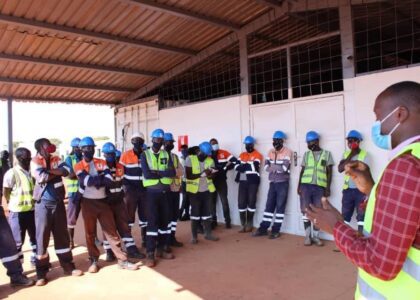More than 20 women including lactating mothers have been charged with violation of COVID-19 emergency measures by the Grade One Magistrate’s Court in Lira District.
The accused allegedly violated rules that require citizens to venture out only if strictly necessary, such as for work, health-related reasons or grocery shopping – leading to their arrest. This came after President Yoweri Museveni directed law enforcers to ensure those violating the health emergency measures are arrested and prosecuted.
Millions of Ugandans have been staying at home since April 1, when President Yoweri Museveni first announced a 14-day national curfew. The second curfew that lasted 21 days soon commenced after the expiry of the first one, while the third 14-day lockdown started on May 6.
As of May 11, the Ministry of Health had confirmed 121 cases of COVID-19 since the first outbreak was reported in Uganda on March 21.
Prosecution alleged that on April 9, the accused; “knowingly or having reasons to believe that it was likely to spread infectious disease (COVID-19) – dangerous to human – unlawfully or negligently operated their businesses by gathering people”. The prosecution said the offence contravenes section 27 of the Public Health Act 1935 and rule 9 (1) (ii) of the Public Health Control of COVID-19 rule no: 52/2020.
Five suspects in this case pleaded guilty to the offence and were remanded to Kwania government prison together with those who claimed to be innocent of the accusations. Harriet Angom, a lactating mother who appeared before the Lira Grade One Magistrate’s Court with her 1-year-old baby, said she was arrested while sweeping her compound on April 8.
Another accused Joan Odur told court that she had stayed with her two children for two days without food, something that prompted her to start selling cassava chips. Odur appeared in court with a white plastic bucket she was using to sell cassava chips a day before her appearance in court.
The mayor of Lira Municipality, Mr Mike Ogwang Olwa, said he received various complaints that security personnel enforcing the curfew have been arresting people from their homes.
“I am very disappointed at the way people are being arrested. What is this? This is not what the President said. Food vendors should not be chased….Without the community, the security cannot work,” he told Daily Monitor newspaper.
In a statement on May 10, Lira District Taskforce said all the suspects arrested during the operations to enforce night curfew (7pm-6:30am) have been released on court bail.
On April 15, as the first lot was being released on bail, 28 suspects (4 women and 24 men) appeared in court and were remanded to Kwania government prison, the statement added.
“They were supposed to appear in court on May 6 but they missed due to lack of transport. They will now appear in court on production warrant any time this coming week for bail.”
The spread of coronavirus and the consequent lockdown, however, got majority of Ugandans especially the village men and women off guard.
The locals were still hoping for the usual trend of events to prevail. Little did they know the lockdown meant no public gatherings, social distancing, and no movement of public vehicles among others!
According to a rapid food security and vulnerability assessment conducted by CARE International in Uganda on the impact of Covid-19 pandemic in April 2020, many households in Otuke District, Lango sub region of northern Uganda, are starving.
Currently, there is loud cry on lack of food to eat because most households sold off their rice and beans at the end of December 2019 to get money for celebrating Christmas.
As usual, local population had hopes of purchasing food and seeds from markets at onset of first planting season by selling off chicken, goats and cows or accessing savings from Village Savings and Loan Association (VSLA). This time, however, it is business unusual because markets are closed; movements are restricted to only motorcycles, health vehicles and security personnel.
Disturbingly, urban traders cannot take merchandise to the makeshift markets in rural areas. Everything is at standstill! It is the first time experience of total lockdown in Uganda that citizens are struggling to cope with.




